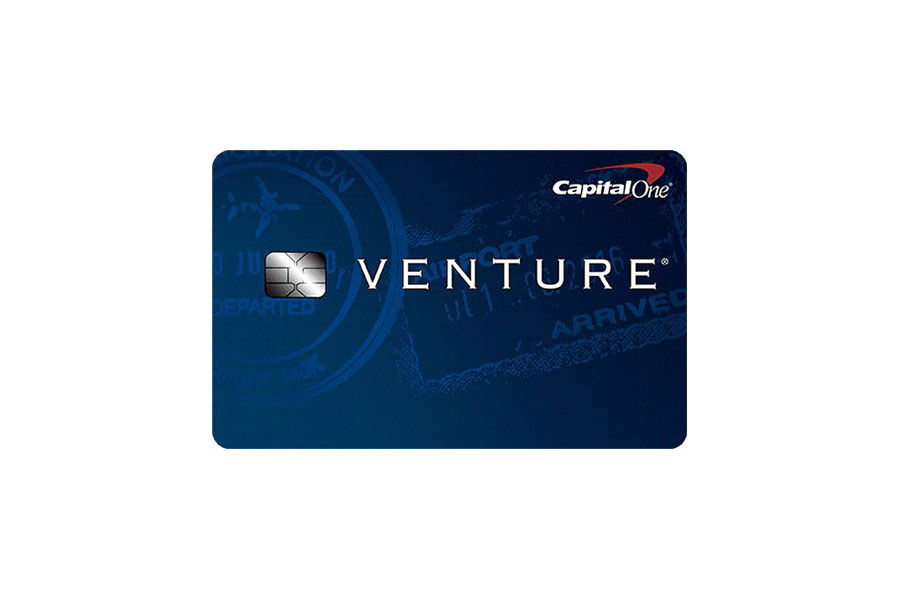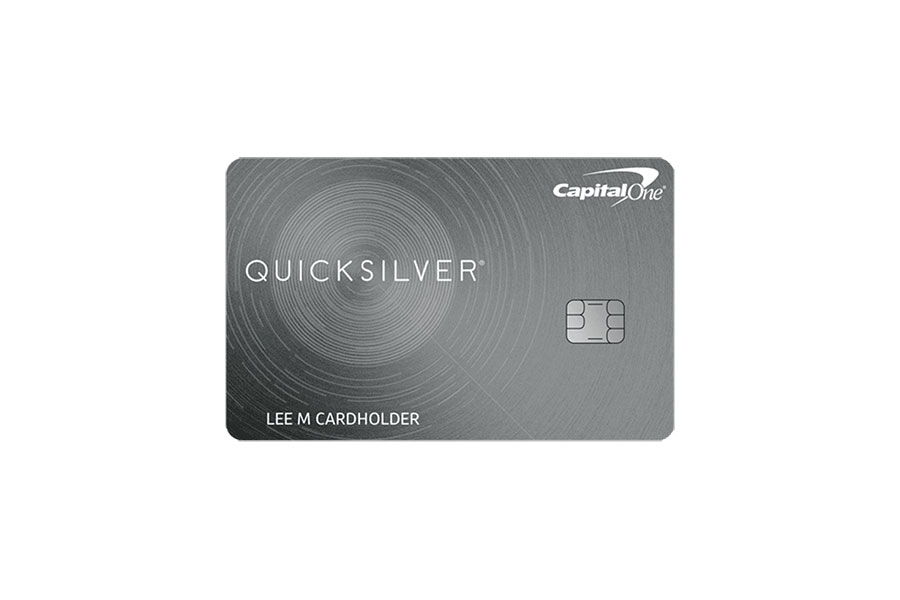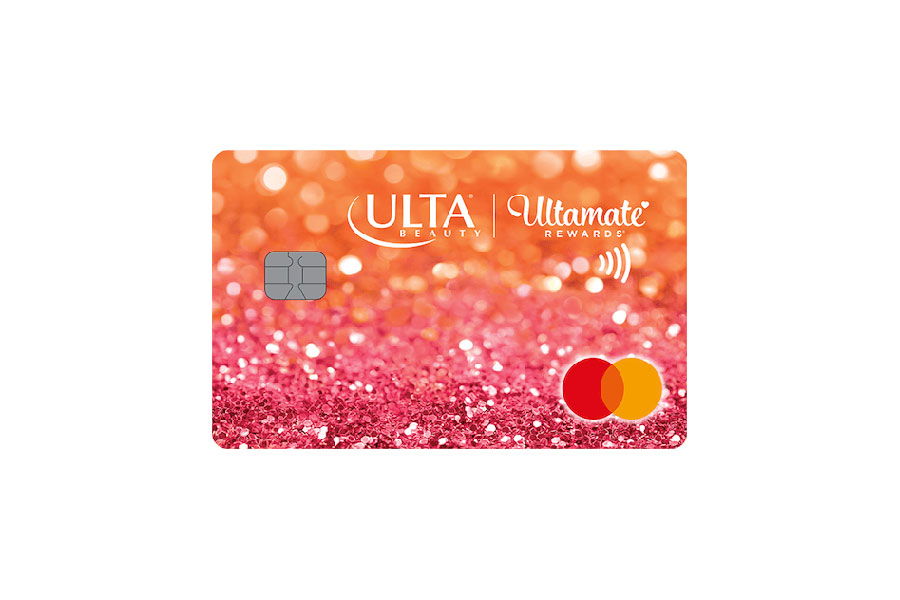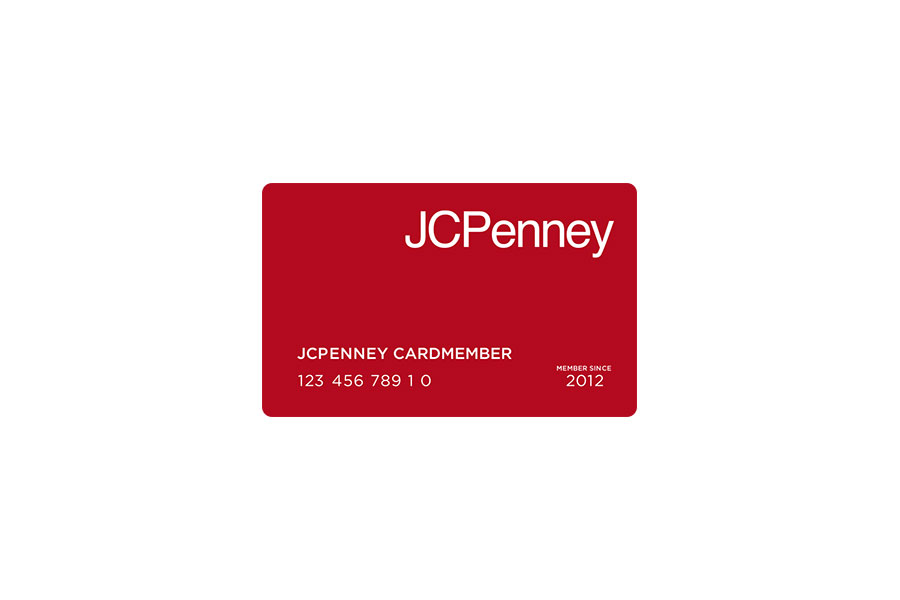The Capital One Venture Rewards Credit Card is a popular choice for travelers looking to earn unlimited miles on every purchase. With flexible redemption options and travel perks, this card is ideal for those who want to maximize their spending rewards.
Before applying, it’s important to know the credit score requirements and other factors that affect approval. While credit score plays a key role, lenders also consider income, debt levels, and overall financial history. Taking steps to strengthen your profile before applying can help improve your chances of qualifying.

Credit Score Requirements for a Capital One Venture Rewards Credit Card
Most successful applicants for the Capital One Venture Rewards Credit Card have a credit score of 700 or higher, which falls within the good to excellent credit range. While some individuals with slightly lower scores have been approved, a higher score improves your odds and may qualify you for a better credit limit and terms.
Beyond credit score, Capital One evaluates factors such as income stability, debt-to-income ratio, and recent credit activity. If your score is on the lower end, paying down outstanding balances, maintaining a strong payment history, and minimizing new credit applications can help strengthen your profile before applying.
Planning Your Application for a Capital One Venture Card
Securing approval for a Capital One Venture Rewards Credit Card requires some foresight and strategic planning. Most credit card offers target applicants with very good credit, so it’s essential to be aware of your credit scores and understand the contents of your credit reports before applying.
Credit card issuers look for applicants with a strong credit history, steady income, and low credit utilization. High credit utilization can signal potential difficulty in repaying debt, which can hurt your chances of approval. Additionally, too many credit inquiries in a short time frame can also negatively impact your odds of being approved for new credit.
Five Steps to Improve Your Credit Score for a Capital One Venture Card
- Check your credit reports: Obtain your credit reports from the three major credit bureaus – Equifax, Experian, and TransUnion – and review them for accuracy. Identify any errors, such as incorrect balances or fraudulent accounts, and dispute them promptly.
- Pay down debt: Aim to reduce your credit utilization by paying down high balances. A credit utilization ratio below 30% is generally considered good, and maintaining this level can improve your credit score.
- Set up payment reminders: Late payments can significantly impact your credit score. Set up reminders or automatic payments to ensure you never miss a due date.
- Keep accounts open: Closing old accounts can negatively affect your credit score, as it reduces your available credit and potentially shortens your credit history. Keep unused accounts open, but avoid excessive spending.
- Diversify your credit mix: Having a mix of credit types, such as installment loans and revolving credit, can demonstrate your ability to manage different types of debt. Consider diversifying your credit portfolio if it’s heavily skewed toward one type of credit.
When to Consider Professional Credit Help
If your credit score isn’t where you’d like it to be, there are ways to improve it before applying. Paying bills on time, reducing debt, and reviewing your credit report for errors can help strengthen your financial standing. However, if negative marks on your report are holding you back, professional credit repair services may be worth considering.
Credit Saint helps clients dispute inaccurate negative items like late payments, collections, and charge-offs. Removing incorrect information from your credit report can improve your score and increase your chances of approval. Visit their website for a free consultation to explore your options.



